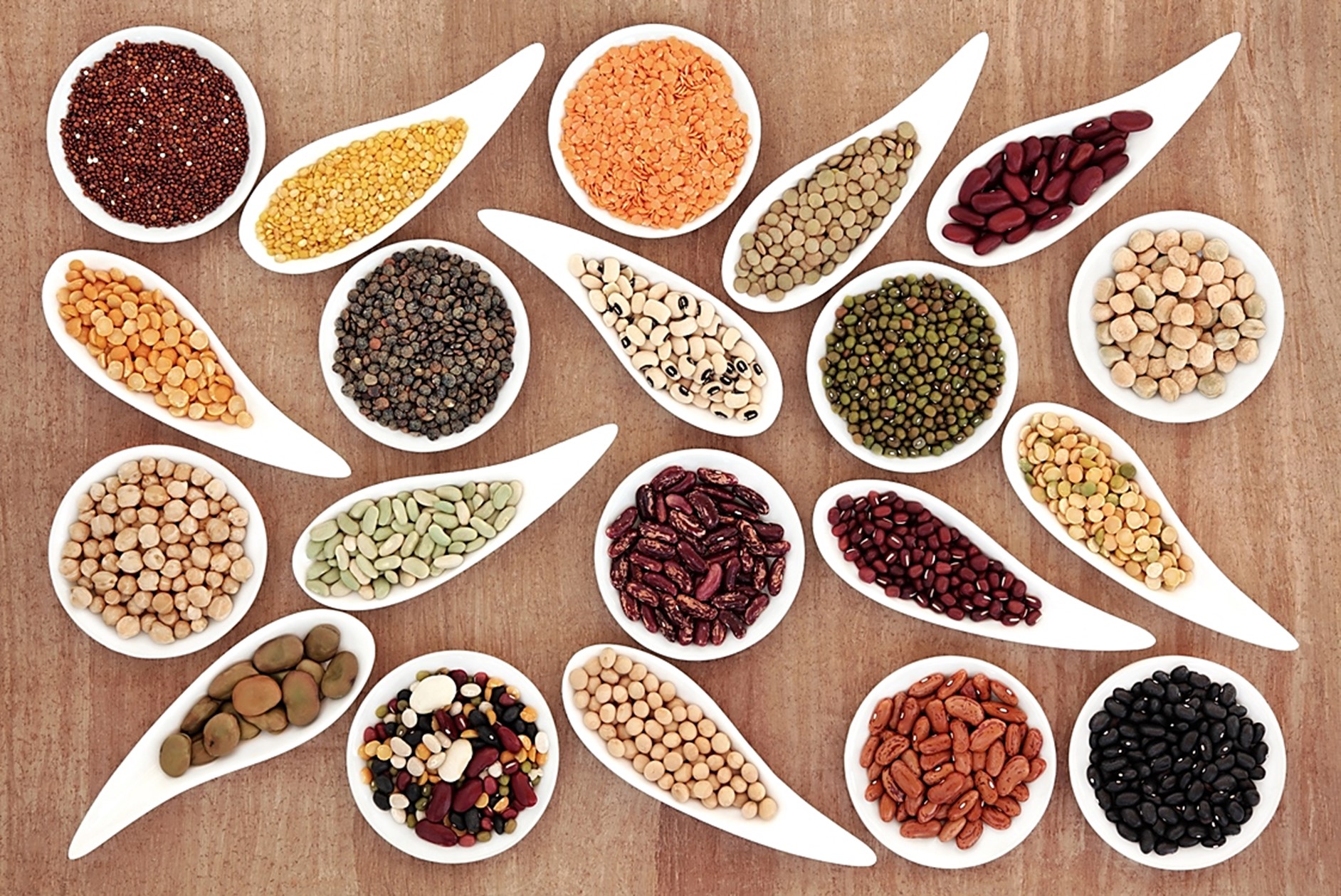World Pulses Day
Since its inception in 2019, the 10th of February every year commemorates World Pulses Day. A few facts about pulses:
The Food and Agriculture Organization of the UN recognizes eleven different types of pulses: dry beans, dry broad beans, dry peas, chickpeas, cow peas, pigeon peas, lentils, Bambara beans, vetches, lupins and pulses nes (other minor types of pulses that don’t fit within the other categories).
Pulses are highly sustainable and climate-resilient crops. They require relatively low amounts of water compared to other protein sources and can grow on marginal land. They also help increase soil fertility by fixing nitrogen, making them a crucial element in crop rotation practices.*
World Pulses Day History
World Pulses Day serves as a global celebration of the nutritional and environmental benefits that pulses offer. Recognising the vital role these protein-rich legumes play in promoting sustainable agriculture and addressing important issues such as food security, nutrition and climate change, World Pulses Day has seen an outpouring of support from governments, farmers, researchers and consumers alike, working collaboratively to ensure pulses become a staple part of diets on a global scale.
World Pulses Day provides an opportunity for the international community to celebrate the importance of pulses in ensuring a sustainable and healthy future.*
Christian Aid
From Christian Aid, “For thousands of farming families in Malawi, pigeon peas are a route out of poverty. The mighty pigeon pea is drought-resistant, so it thrives in the dry fields of southern Malawi. It’s an essential part of the diet of millions of people around the world.
Together with our partners, we empower vulnerable communities to find practical and sustainable ways out of poverty, including giving them the skills to:
- Form cooperatives to improve their access to markets and secure a fairer price for their crops.
- Set up savings and loans to start their own businesses
- Boost the quality of their seeds and restore soil fertility
- Build warehouses to keep their crops safe from floods and cyclones, compete against large-scale producers, and gain new markets
- Promote pigeon pea recipes to increase consumption in Malawi and prevent hunger.”
AquAid
Thanks to the support of AquAid customers, together we have funded projects in Malawi that have helped over 3,300 pigeon pea farming households by reducing income poverty.
By choosing AquAid as your water cooler provider, you are helping people living in poverty globally to access clean water and build healthy lives. AquAid has supported Christian Aid for more than 15 years, donating over £4 million to water and capacity-building projects around the world.
*source: WinCalendar – World Pulses Day

